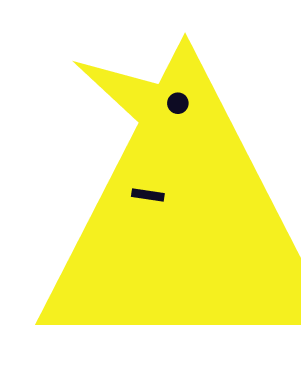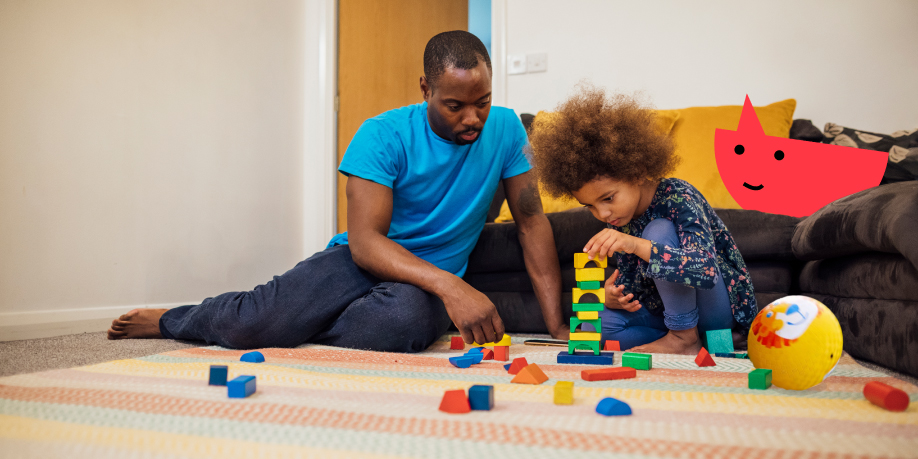7-11 years
This is a guide to how children typically develop their talking and understanding of words between 7 and 11 years.
Children develop skills at different rates, but by 11 years, usually children will:
- Use sentences to link their ideas together, make predictions and draw conclusions.
- Use sentences that normally have between 8 and 10 words (although often their sentences can be much longer).
- Can make up a complicated story including lots of information about the characters and what happened.
- Can talk using more advanced words, such as ‘massive’, ‘enormous’ or ‘huge’ instead of ‘big’.
- Understand other points of view and show that they agree or disagree.
- Keep a conversation going by giving reasons and explaining choices.
- Start conversations with adults and children they don’t know.
- Understand long requests with lots of information in them. For example, ‘Please find the stripey bag at the top of my wardrobe and put it in the big cupboard in the kitchen’.
- Talk clearly so that everyone can understand them all the time.
- Talk quite smoothly and don’t repeat the first sound in words or get stuck trying to get a word out.
Resource library for families

Things to look out for
Some children struggle with learning to talk and understand words. Possible signs to look at for at this age include:
- Your child may struggle to join in group conversations. This may be because they can’t keep up with the pace of the conversation or because they are unsure how to join in.
- Your child may find it hard to make up stories.
- Your child’s stories may be muddled, making them difficult to follow.
- Your child may find it hard to learn and understand the meanings of words.
- Your child may struggle to understand conversations about more complicated topics, especially about things in the past or future.
- Your child may find it hard to guess what will happen next.
- Your child may be struggling to learn at school. They could find it hard to understand what it is they are supposed to be doing, even though they have been told.
If you notice any of these things, talk to your child’s school or GP, or contact our free speech and language advice line, which is a confidential phone call with an experienced speech and language therapist. During the 30-minute call, you will be given the opportunity to talk through your concerns and questions regarding your child’s development. You can book your phone call here.
Further support
For tips on how you can support your child’s communication skills, have a look at some of our parent resources:

